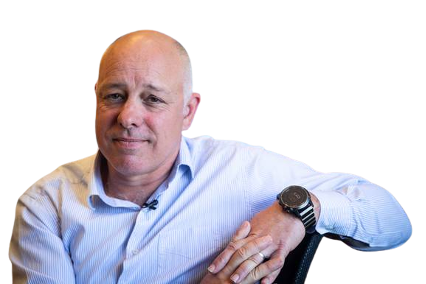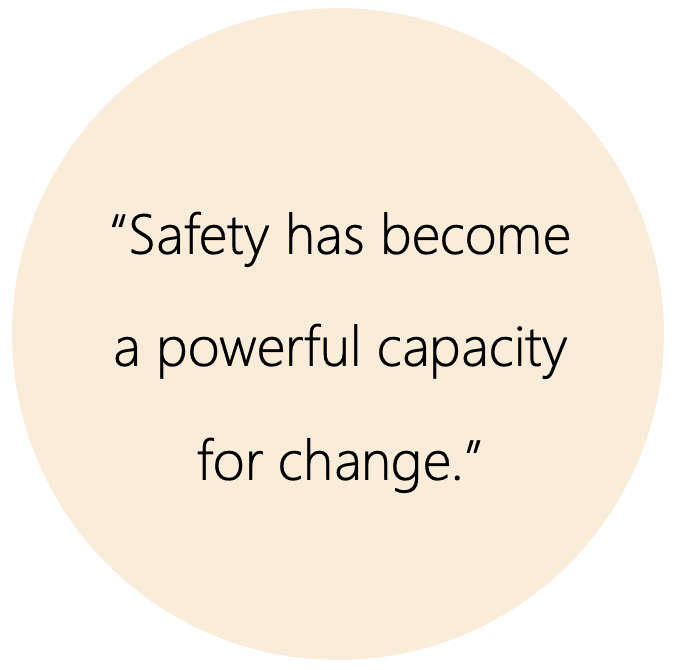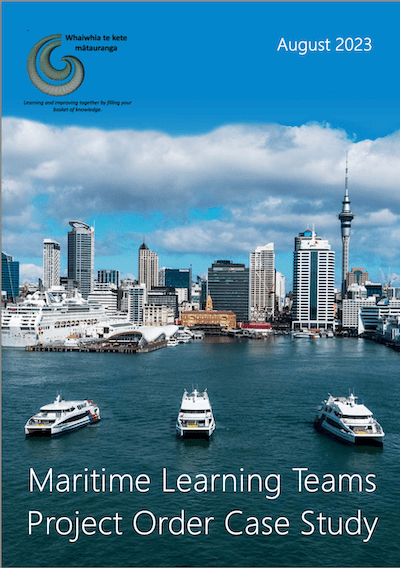
Case Study Welcome
In November 2017, I received a phone call from one of our Senior Masters. It’s the kind of call you never want to get and one that I will never forget. When I heard that one of our boats, the Kea, had struck the Devonport Wharf and some passengers had suffered injuries, I was shocked and devastated.
As the investigation proceeded, we discovered more about what had happened and what had led to the incident. The Maritime New Zealand and legal process was conducted, resulting in Fullers360 paying a fine and reparations to passengers.
While our initial assessment showed that we had met our compliance obligations, this accident was still able to occur. Safety is a powerful influence for change, and we did not wish to simply pay a fine and move on. This is why we sought a Project Order – to provide a meaningful contribution to the maritime sector that utilised Fullers360’s collective knowledge and skillset to build a safer industry.
During the MNZ and legal proceedings, Fullers360 was sentenced based on having “insufficient training provided to a trainee master” and “requiring more prominent safety warnings and advice to passengers”. As we considered ways to address these call outs, our perspective shifted. We came to understand that improving signage, enhancing communication, and providing specific training would address these concerns, but doing so wouldn’t necessarily lead to better safety outcomes. We needed to look at the root causes: the use of stairs on vessels; the repetition and fatigue associated with berthing vessels in wind, tide, wake, and reduced visibility; and, most importantly, the effectiveness of our training.


As we continued our assessment, our view evolved further. We felt that despite our attention to compliance and our intent and desire to always keep passengers safe, it wasn’t enough. It became clear to our team that we needed to completely rethink safety. Therefore, seeking a Project Order was the right decision, and the ways in which that decision has influenced our business and driven fundamental cultural change are significant.
Above all else, we have worked to change the culture of our business. To move beyond the desire to meet our timetables and ensuring that, first and foremost, the priority right across our business is to get passengers and crew safely where they need to be.
We transformed the operating model of our business through a safety lens. We evolved the ways in which we engage with the regulator, local government, central government, and our customers and the public, so that we continually seek ways to enhance our approach to health and safety. As part of the Project Order, the training of people across the sector to become Learning Team facilitators further strengthened our safety culture, which now underpins everything we do, including our commitment to customer service.
Looking outside of our business, while the tide is starting to shift, too often decisions to make changes that prioritise maritime health and safety are guided by budget or complacency. There’s no doubt that we operate in a unique, complex, and challenging environment, but my hope is that the lessons we learned will benefit other operators and maritime professionals and ultimately their passengers through improved safety outcomes for all.
The desire to seek a Project Order and to change our business took courage, commitment, and hard work. We acknowledge that completion of the Project Order does not mean that the job is done, and that our journey will continue to evolve and progress.
The transformational change on the ground is now about listening, not telling. The lines of communication that have opened, with 4D’s in particular, and with our people and passengers, has opened our eyes to what is work imagined versus work done. We now see ourselves tackling risks and hazards before they become incidents that present harm – safety has become a powerful capacity for change.


